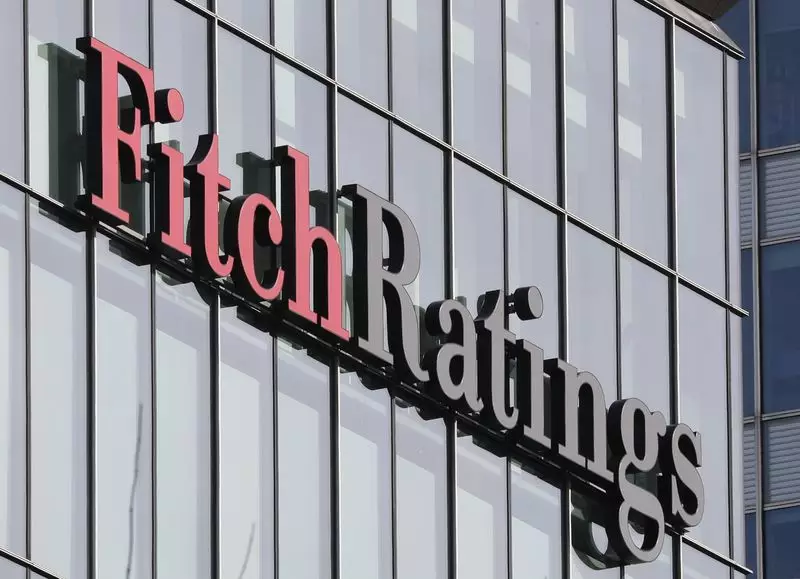On Friday, credit ratings agency Fitch made a significant move by revising Hungary’s economic outlook from “negative” to “stable,” reflecting the country’s ongoing recovery from previous macroeconomic challenges. This adjustment highlights the effectiveness of Hungary’s recent policy shifts that have strengthened the alignment between financial and monetary frameworks. As countries grapple with post-pandemic recovery and inflationary pressures, Hungary’s proactive measures stand out as noteworthy, signaling to investors and stakeholders that the nation is taking substantive steps towards fiscal health.
Fitch attributed the stable outlook to a combination of stringent monetary policies implemented by the National Bank of Hungary (MNB) and the government’s concerted efforts to shrink its primary budget deficit. Such tight monetary strategies are essential in counteracting inflation, allowing Hungary to regain control over its finances. In recent months, the nation has succeeded in lowering inflation rates that had previously soared to the highest levels in the European Union. According to Hungary’s Economy Minister, the country has effectively navigated the inflation crisis, getting prices down to levels that align more closely with the central bank’s objectives.
Fitch anticipates a gradual recovery of Hungary’s economy, largely buoyed by stronger private consumption, increased investment, and revitalized exports. These components are crucial in reconstructing a robust economic landscape. The submission of the 2025 budget draft by Finance Minister Mihaly Varga represents a strategic move to address potential concerns around fiscal reserves. Although the budget watchdog has voiced alarms regarding adequate reserves to manage unforeseen risks and insufficient growth projections, the government’s determination to lower the budget deficit from an expected 4.5% this year to 3.7% by 2025 indicates a strong commitment to fiscal responsibility.
Amidst these economic strategies, Prime Minister Viktor Orban’s government is focusing on social welfare as an integral part of their plan. Ahead of the 2026 parliamentary elections, there is a clear intent to introduce tax benefits for families along with continued pension enhancements. These measures not only serve to secure voter support but also aim to stimulate local economies and improve the livelihoods of Hungarian citizens. The forecast of a 3.4% economic growth rebound in 2025 is deemed optimistic by the Fiscal Council, which emphasizes the importance of cautious optimism in these projections.
Hungary’s economic landscape is at a pivotal juncture. While a stable credit rating from Fitch reflects positive changes, the nation must remain vigilant in its efforts to manage fiscal risks and sustain growth. By honing in on fiscal discipline and social support measures, Hungary is not just navigating its recovery; it is also laying the groundwork for long-term economic stability. As the country moves forward, maintaining a balance between prudent financial governance and socio-economic development will be essential for achieving its aspirations in the dynamic landscape of the European economy.

